
Haiyu (1513-1623), was an eminent monk in the Ming Dynasty, Wuxia is his courtesy name, whose fresh body has been kept in The Longevity Hall For more than 500 years. He was born in Wanping (today Beijing) and became a monk in 1536 in Mountain Wutai. After visiting Mountain E'mei and other buddhist sacred places, he came to Mountain Jiuhua and settled on Mokong Ridge, Zhaoxia Peak, his nunnery was named Zhaixing Nunnery. He led a simple life, manditated hard and followed a strict religious discipline. He stayed all year ate any cooked food, feeding himself on Huangjing and other plants, and spring water. He punctured his tongue for blood, which he mixed with gold powder to use as ink as he copied Dafang Guang sutra. It cost him 20 years to finish 81 volumes. They are now kept in Jiuhua History Museum as invaluable documents. In the autumn of 1623, he said a rhyme: I am more than 100 age, though skinny, I am a sage, at the mouth of the cave a secret I believed that stars shining in sky can be achieved where I am returning? I will be back with plum in spring. Then he requested his disciples to put his body in a pot after he die. Finishing this, he passed away. 3 years later, the pot was opened and his body was intact, so it was gilded and enshrined in the expanded nunnery which was renamed The longevity Hall by his disciple Huiguang. In 1630, he was named Yingshen Bodhisattva by Emperor Congzhen, Ming Dynasty, also inscribe “kindness is precious” on a board for him. The tower holding his body was named Lotus Treasury. During the cultural revolution, Weineng, Puguang and Wuguang transferred it underground secretly in spite of danger, thus prevented it from being burnt. Now it is still worshipped in The Longevity Hall.
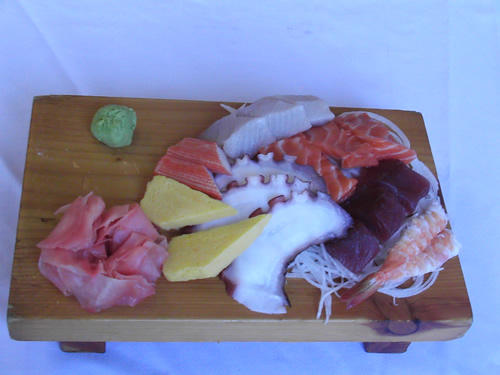

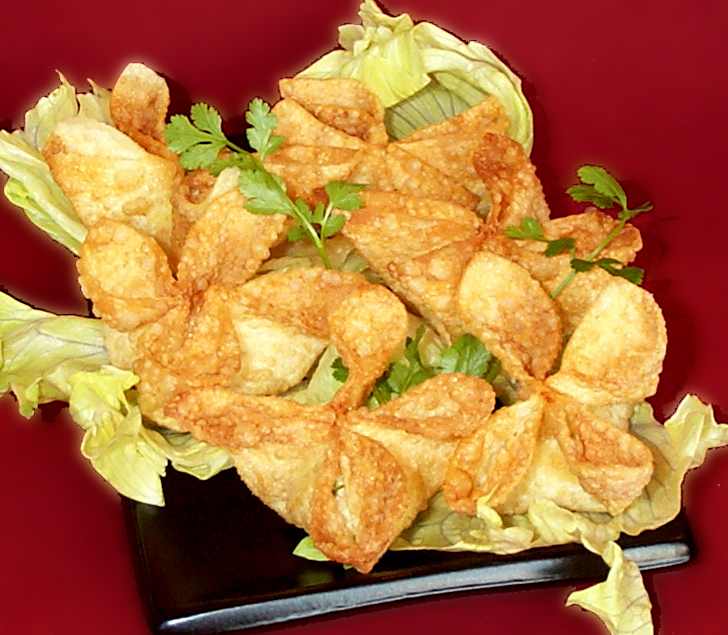
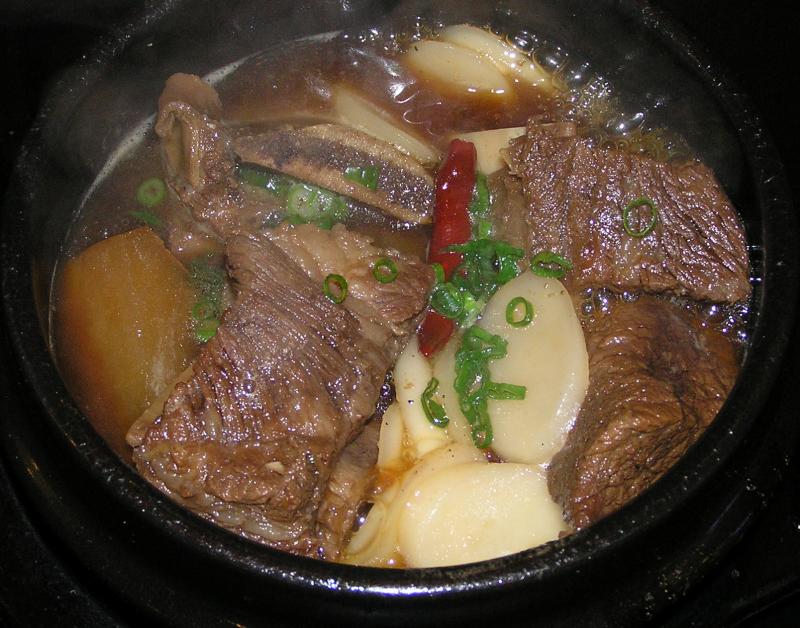


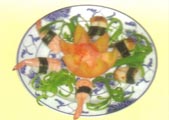
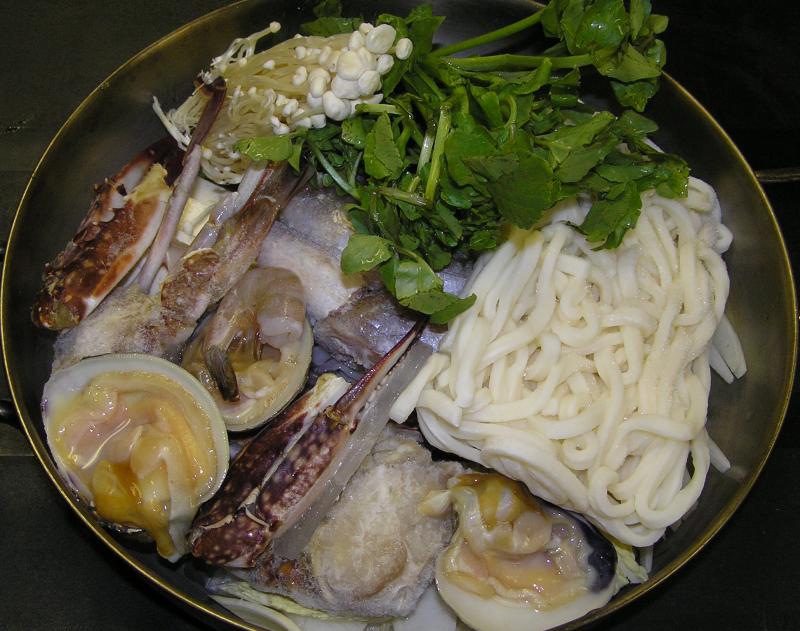




 PREVIOUS
PREVIOUS